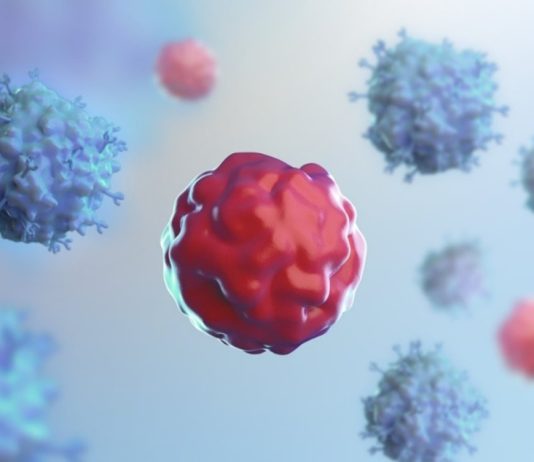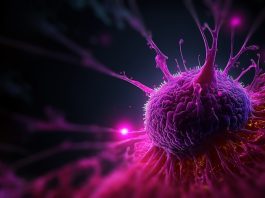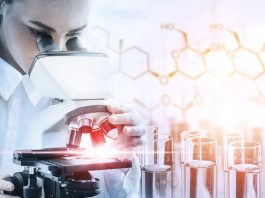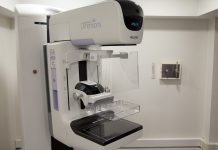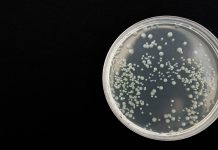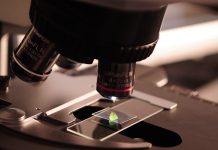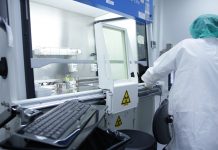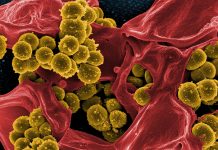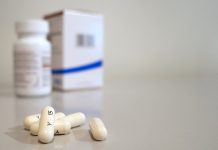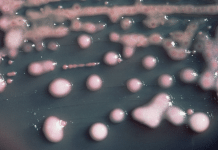Could a blood test predict if breast cancer drug palbociclib is helping?
A new study has found a blood test for cancer DNA which could help predict if a woman is responding to the new breast...
20% of antibiotics prescriptions are inappropriate
As antibiotic resistance continues to be more prevalent, new research published by Public Health England has revealed that at least 20% of all antibiotics...
Antidepressants do work, says new study
A new study has called an end to a long-lasting debate regarding antidepressants, revealing that they are indeed effective at reducing symptoms of acute...
A new family of antibiotics found in dirt samples
Scientists at Rockefeller University, US, have discovered a new family of antibiotics in samples of soil which could prove significant in the battle against...
Jean-Charles Soria receives cancer drug development award
Professor Jean-Charles Soria has been awarded the TAT 2018 Honorary Award for cancer drug development across molecular targeted agents, precision medicine and immunotherapy.
In the...
Antimicrobial resistance: older compounds to tackle a modern issue
Scientists at the University of Leeds, UK, are looking at previously discarded chemical compounds to see if there is anything that could help develop...
Does aspirin have crucial anticancer properties?
An international study has been launched by Cancer Research UK to answer the final questions before aspirin could be recommended to reduce cancer risk.
Studies...
Is it time to rethink how we treat lymphatic filariasis in urban areas?
New research published today raises questions regarding the effectiveness of the large-scale distribution of medication to treat lymphatic filariasis (LF) in urban areas.
Researchers from...
Antibiotic resistance at higher levels worldwide
The World Health Organization’s (WHO) first surveillance data on antibiotic resistance reveals high levels of resistance to a variety of serious bacterial infections across...
Could a new drug improve HIV treatment?
A new HIV treatment could reduce medication intake from a daily routine to a much less strenuous weekly basis, according to new research.
37 million...
Alternative therapies could reduce antibiotic resistance
US researchers have said that new treatments for mild infections could help slow the mutation of severe bacterial infections with less antibiotic resistance.
In a...
Antibiotic resistance: ‘Sleeping’ bacteria identified
‘Sleeper cells’, which can survive doses of antibiotics and lie resting in a dormant state, may hold a key to understanding antibiotic resistance, research...


